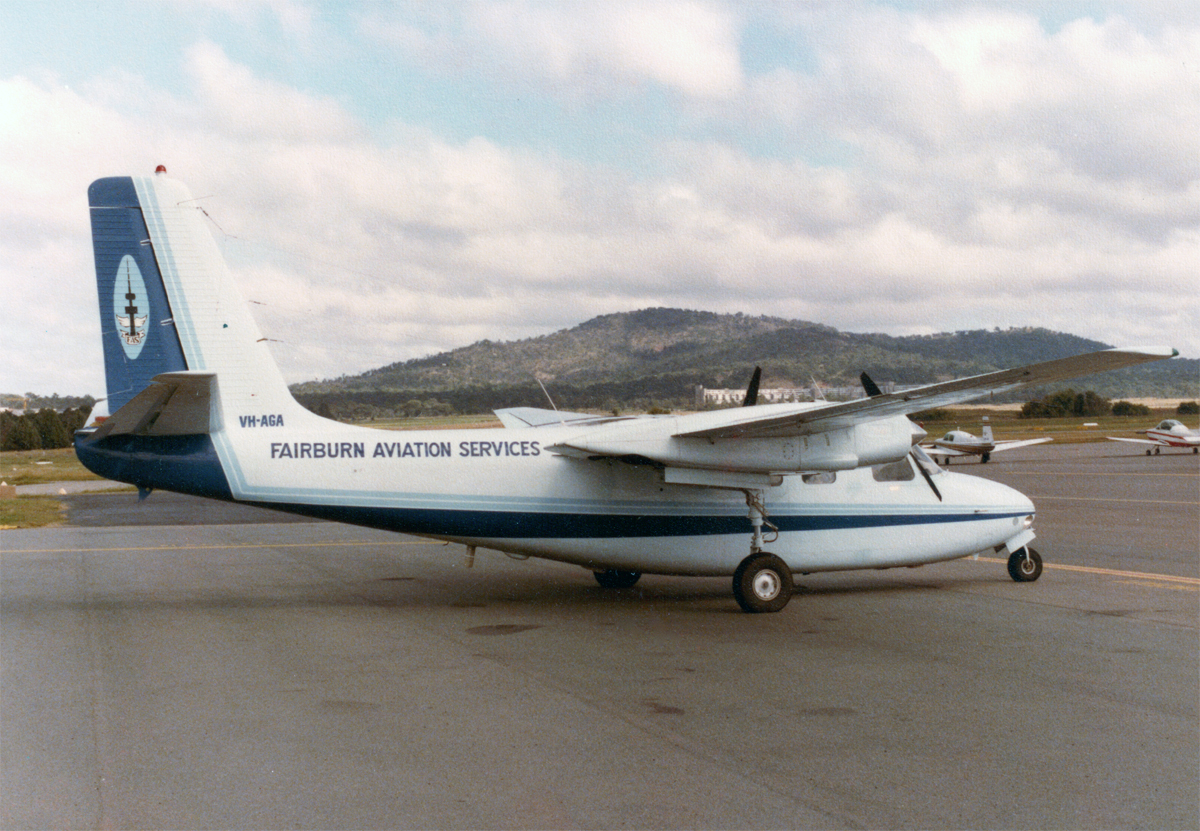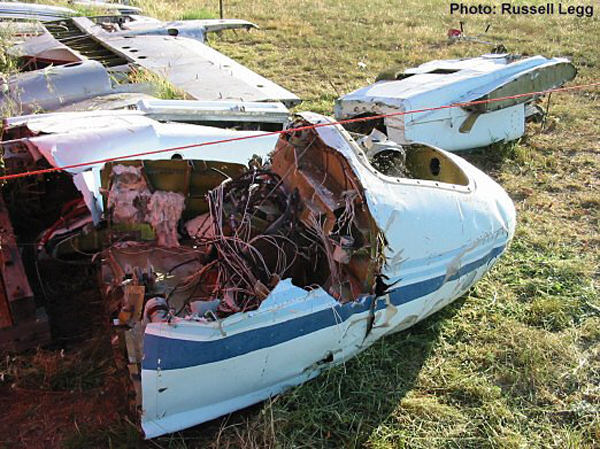Crash of a Rockwell Aero Commander 500 in the Atlantic Ocean
Date & Time:
Aug 4, 1991 at 1722 LT
Registration:
N3840C
Survivors:
Yes
Schedule:
Walker Cay - West Palm Beach
MSN:
500-698
YOM:
1958
Crew on board:
1
Crew fatalities:
Pax on board:
3
Pax fatalities:
Other fatalities:
Total fatalities:
0
Captain / Total hours on type:
296.00
Aircraft flight hours:
7089
Circumstances:
While in level flight the pilot reported both engines failed and all attempts to restart them were unsuccessful. The pilot then ditched the airplane in the ocean, and it sank and was not recovered. The pilot and three passengers were rescued 2 days later. According to fuel consumption estimates there should have been adequate fuel for the entire flight and a reserve.
Probable cause:
An inflight loss of power of both engines for undetermined reasons followed by a ditching in the ocean.
Final Report:




